৩০ মাঘ ১৪৩২
US cancels 15 Indian mango shipments, hits exports
19 May 2025 19:05 PM
NEWS DESK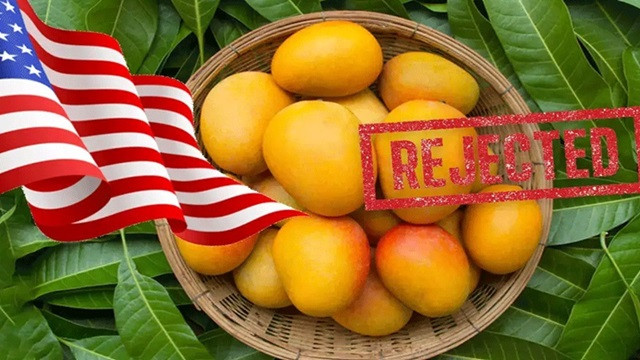
The US authorities have rejected several consignments of mangoes sent from India due to documentation deficiencies. At least 15 shipments were turned away at airports in Los Angeles, San Francisco, and Atlanta.
These mangoes had undergone radiation treatment on May 8 and 9 at a facility in Vashi, Navi Mumbai, under the supervision of the US Department of Agriculture (USDA), a mandatory process to eliminate pests and extend shelf life.
The US authorities cited irregularities in the documents related to radiation treatment, particularly the PPQ203 form, as the reason for the rejection. PPQ203 is a crucial certificate issued by US officials in India. Exporters claim that the fault lies with the radiation centre in Navi Mumbai, not with them. One exporter stated, “We did not commit a mistake, yet we are being punished for it."
According to a report by Economic Times, the rejected shipments were either to be sent back to India or destroyed. Due to the perishable nature of mangoes and the high cost of reverse transport, exporters chose to destroy the fruit, resulting in an estimated loss of about $500,000 (approximately Rs 4.2 crore).
According to Economic Times, the USDA informed the affected exporter that US Customs and Border Protection denied entry due to an “incorrectly issued PPQ203." The notification stated that the shipment “must be re-exported or destroyed" and clarified that the US government would not cover the costs for “remedial measures for this shipment."
The irradiation process occurs at a facility in Navi Mumbai, supervised by a USDA representative who certifies the PPQ203 form, crucial for exporting mangoes to the US. “We are being penalised for mistakes made at the irradiation facility," the exporter was quoted as saying as per the report.
The Economic Times report indicated that the exporter strongly refuted the accusation, stating the irradiation was completed and the PPQ203 form was issued accordingly. “How could we receive the form if the treatment was never performed? Without this form, issued by the USDA officer, the mangoes couldn’t have been cleared for loading at Mumbai airport," he explained.
When asked about the details of the case, including the number of affected mangoes and documentation issues, the Agricultural and Processed Food Products Authority (APEDA) chairman’s office reportedly said, “The matter involves a shipment of mangoes from the USDA-approved facility, Maharashtra State Agricultural Marketing Board (MSAMB) located in Vashi, Mumbai. Therefore, inquiries should be directed to them." APEDA operates under the Ministry of Commerce and Industry.
The United States is the largest export market for Indian mangoes. The rejection of shipments due to documentation errors not only leads to business losses but also highlights significant lapses in process and management.
Meanwhile, India and the US are working towards finalising a trade deal soon, with US President Donald Trump stating that India has proposed a deal with virtually no tariffs. The initial phase of this agreement is anticipated to be completed in the coming months, according to the Economic Times report.
India aims to boost bilateral trade by negotiating tariff reductions from the United States for various labor-intensive sectors. These sectors include textiles, gems and jewellery, leather goods, garments, plastics, chemicals, shrimp, oil seeds, chemicals, grapes, and bananas.
In exchange, the United States reportedly seeks lower duties on a range of products, including industrial goods, automobiles (particularly electric vehicles), wines, petrochemical products, dairy items, and agricultural produce such as apples and tree nuts, as part of the proposed trade agreement.




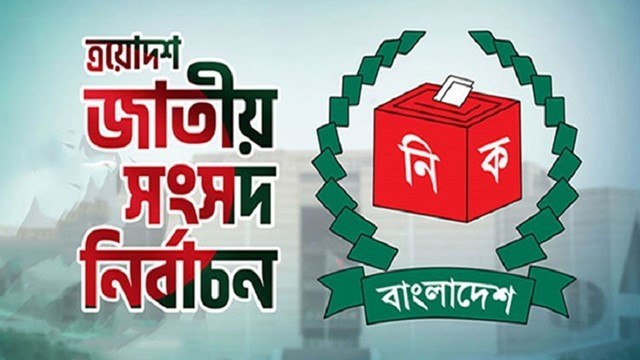

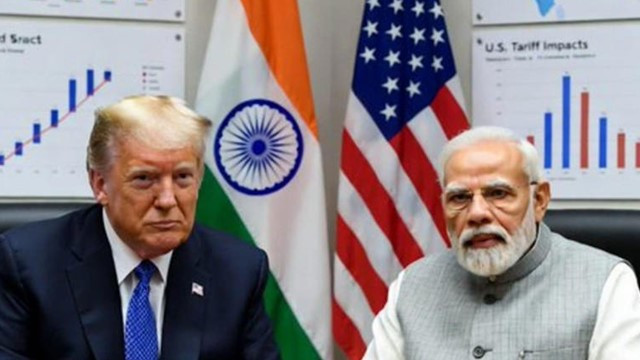
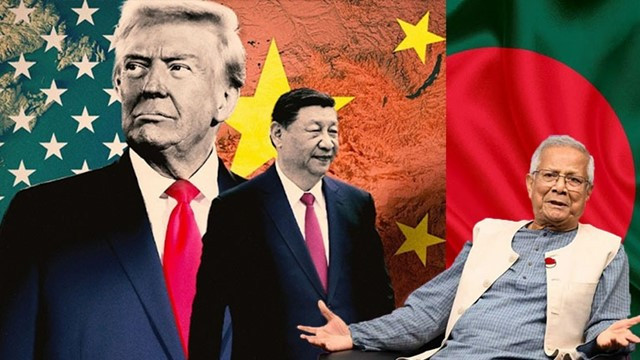
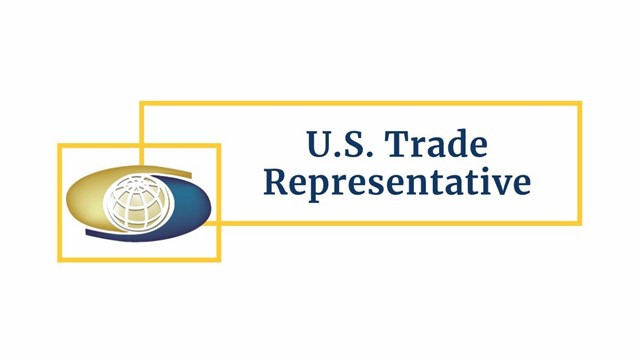
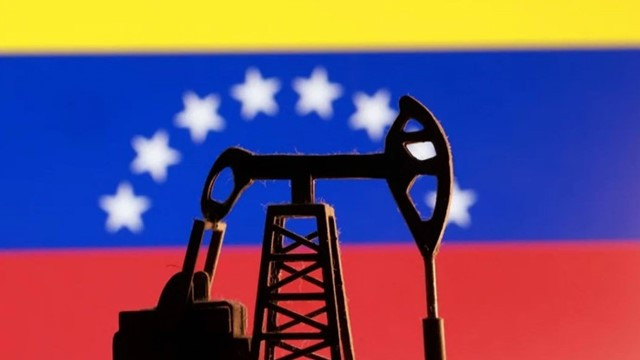

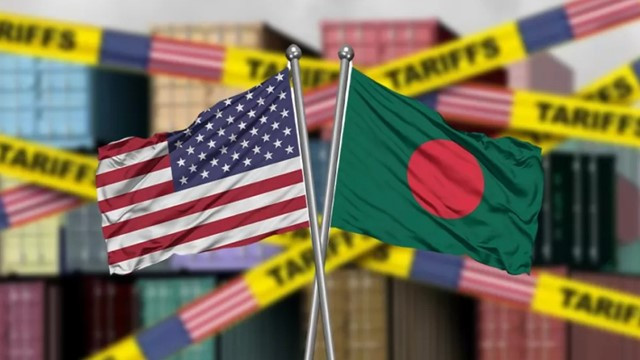
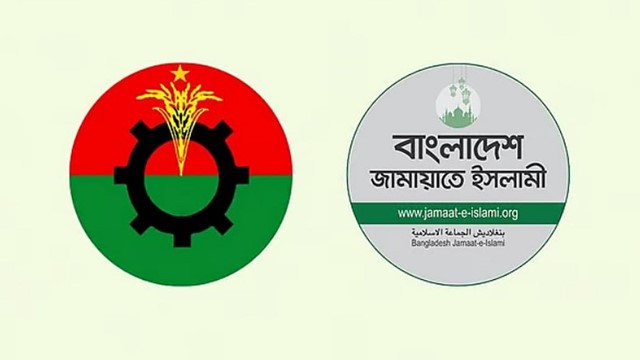
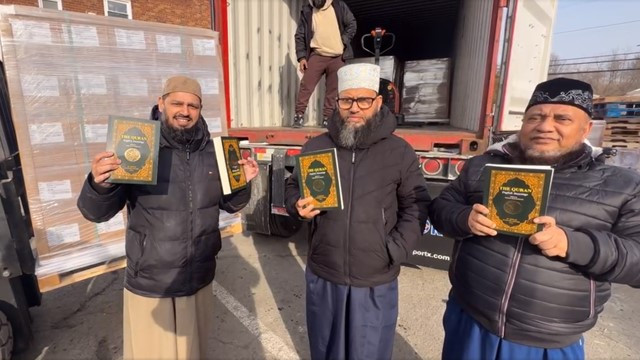
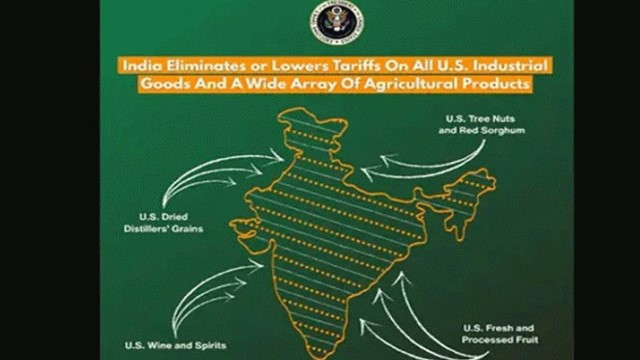
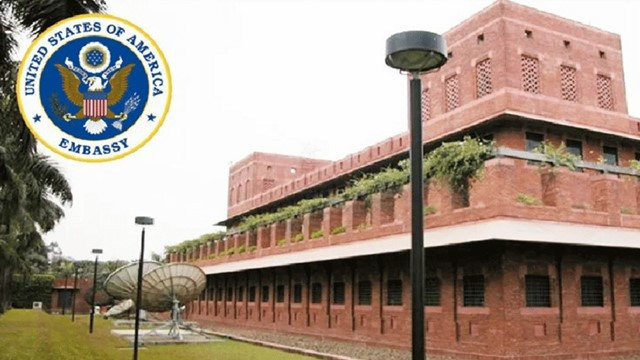
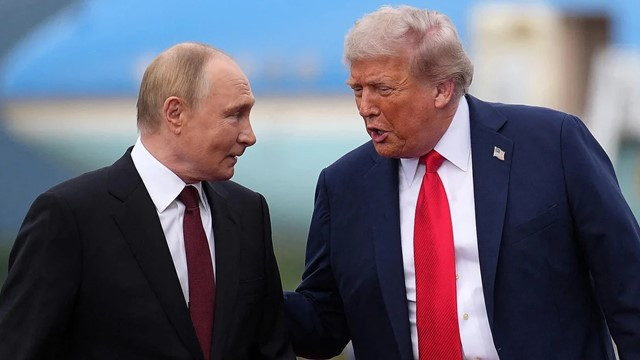

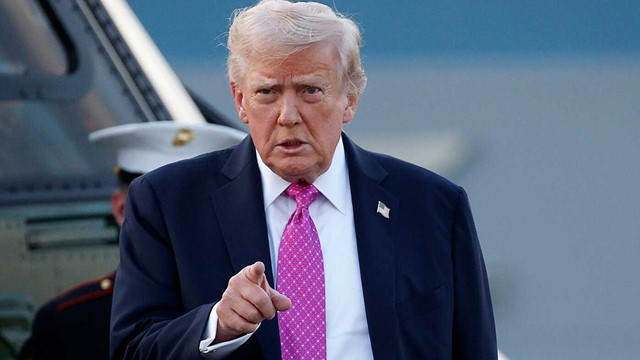
Comments Here: